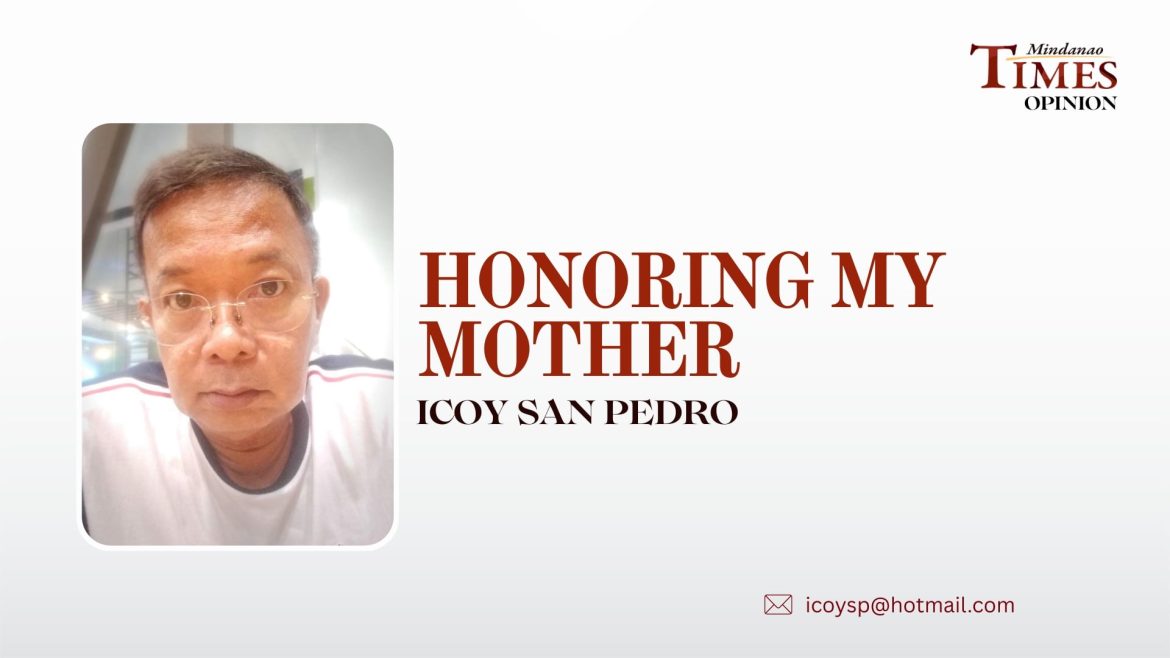A LOT can be said about politics. For one, when I was still a young boy, I would, on many occasions, overhear old folks discussing (and dissing) its questionable points and thereafter giving it the notorious tag as a place for strange bedfellows who often change sides as though they were playing musical chairs and transfer their loyalties as though it was going out of style.
At one time, even, I recall a neighbor who was playing Mahjong at our house in Ponciano comparing politics to a house of ill repute, saying aloud that those who worked within were no different from prostitutes. More of this before she was shushed by my lola because kids were still awake. As allusions to houses go, I’ve likewise heard it at another time as being likened to a fragile house of cards, with another adult narrating the growing list of those who once held power and fell from grace.
Unlike other Western countries with centuries of political history under their belt, ours is considered relatively much younger. To look into how politics in our country developed is, therefore, not so difficult. If one has read R. Constantino, the nationalist writer’s view of our history is largely untainted, unlike the once (or still-used?) Philippine history book by Zaide from old. In Constantino, any reader becomes aware of how our sense of politics evolved, as it’s accurately described, devoid of conqueror bias.
As I look at both the active and past players in our political arena in modern times and compare them with those early solons, starting from when we were free of Spanish rule up till the American occupation, the Commonwealth years until after WWII, the profile of the Filipino politician has generally remained, for lack of a better word, predictable.
An earlier derogatory tag of brown American couldn’t unfairly be tagged on our politicians alone. The influence of American rule wrought on Filipinos then (or up until now) is very much evident in our being overly “Stateside” conscious. In some cases, it’s almost comical watching old clips of “brown Americans” parading around, playing politics, while history has shown how subservient we were to the policies laid before them by their former conquerors. Admit it or not, the Pinoy psyche is still subconsciously hot-wired to be in awe at anything that’s from any foreign shore.
When in the 1950s, President Carlos P. Garcia penned the so-called “Filipino First Policy,” with its aim of giving preferential treatment to local labor and production over anything foreign, and burst the dam somehow. This, plus the rise of the nationalist movements may have put a de in the awestruck colonial mindset of our people. But brutally put, ideologies and principles, in a comprehensive sense, are no match if some of the more influential people espousing these are still closet colonial mentality bearers.
So, if one has to wonder, why many present-day politicians, mouthing pro-people rhetoric and handing out supposed-ayuda to the crowd, resort to lining their pockets with the people’s cash, part of that has to do with the lucrative appeal at playing a suited pretender, thief and thug who, like their early predecessors, played politician and grew to like it and its side dishes.



